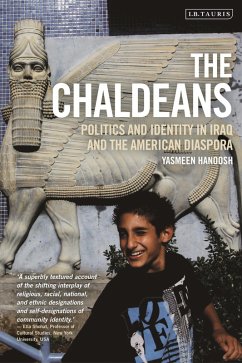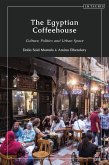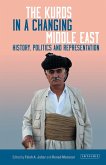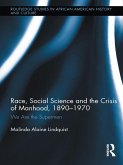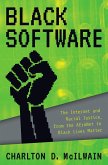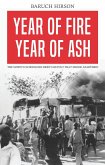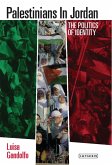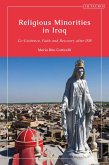Modern Chaldeans are an Aramaic speaking Catholic Syriac community from northern Iraq, not to be confused with the ancient Mesopotamian civilization of the same name. First identified as 'Chaldean' by the Catholic Church in the sixteenth century, this misnomer persisted, developing into a distinctive and unique identity. In modern times, the demands of assimilation in the US, together with increased hostility and sectarian violence in Iraq, gave rise to a complex and transnational identity. Faced with Islamophobia in the US, Chaldeans were at pains to emphasize a Christian identity, and appropriated the ancient, pre-Islamic history of their namesake as a means of distinction between them and other immigrants from Arab lands. In this, the first ethnographic history of the modern Chaldeans, Yasmeen Hanoosh explores these ancient-modern inflections in contemporary Chaldean identity discourses, the use of history as a collective commodity for developing and sustaining a positive community image in the present, and the use of language revival and monumental symbolism to reclaim association with Christian and pre-Christian traditions.

